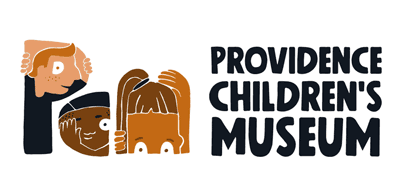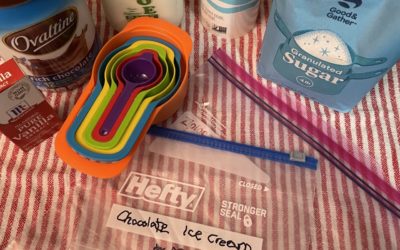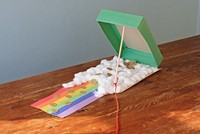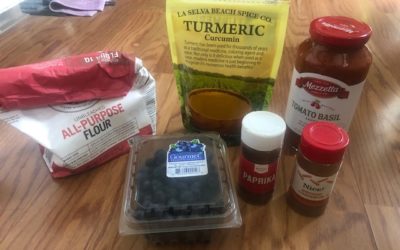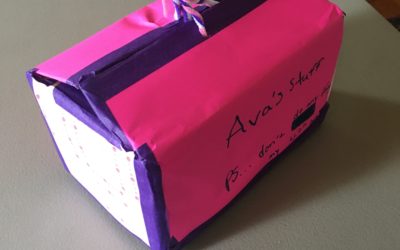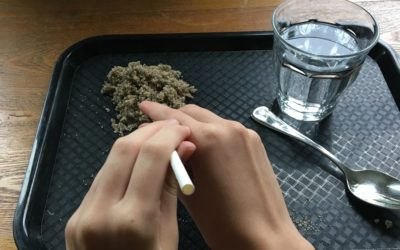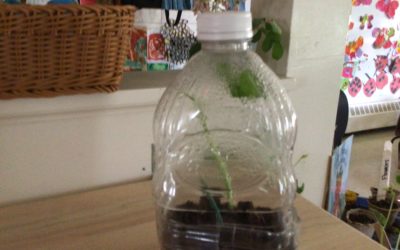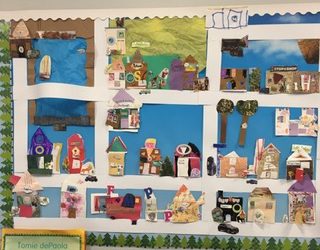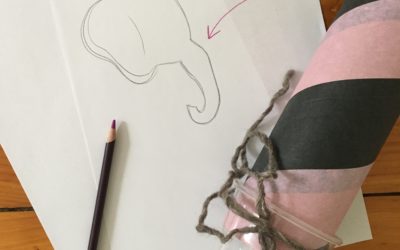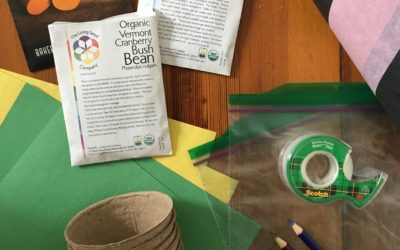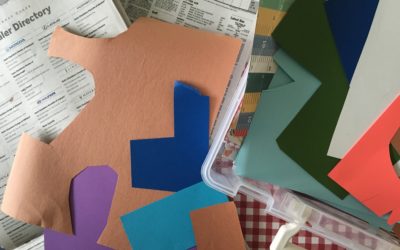For Educators
We are the champions of play.
Play isn’t killing time. It’s creating character.
Everything we want from our children is already in them. And play is how they unlock it.
Ice Cream in a Bag
In this lesson, students will act as scientists and develop their understanding about the properties of matter, especially two elements of matter- solid and liquids. They will develop their understanding of the scientific process, plan and lastly experiment in changing matter from its liquid form to a solid form by changing the temperature. They will realize that energy can cause matter to change, and that matter is all around us.
Catch Me If You Can!
The Leprechaun is on the loose! Let your creativity shine as you write a step by step plan and put your plans into action to build a trap to catch a Leprechaun! As engineers, you will approach the design process using everyday household items to create an inviting masterpiece. Then WHALA! the Leprechaun will come visit, find himself trapped leaving behind all of his gold, and allow you the great opportunity of practice setting up an experiment and testing your trap.
Painting Rainbows with Natural Materials
Rainbows and colors are a huge motivator for learning! Children can learn about these science concepts during the creative process by designing their own rainbows. Students will problem-solve how to extract colors from natural materials, explore the color spectrum, mix primary colors to make secondary colors, and find natural or cooking materials that work well for this task.
Reduce, Reuse, Recycle, & Recreate!
Understanding the role we can all play in taking care of the earth is important. Prompt students to think creatively by reusing materials that will be thrown out or recycled. Students will transform materials, develop problem solving skills and be able to explain what they created and how it can be reused in a different way.
Shaping the Sand
Students need an understanding of the movement of sand with air and water in order to understand the concept of erosion and how the forces of wind and water can shape the earth. Rather than trying to mimic the concepts after studying them, playful exploration before studying these concepts can help to deepen students’ understanding.
Greenhouse Growing
How do fruits and vegetables grow in the cold weather? Many farmers use large greenhouses to plant seeds and begin the growing process when it is still too cold outside. We can use a mini greenhouse to begin our own vegetable seeds and watch as the seeds sprout seedlings and grow into plants that will produce vegetables. All we need are seeds, soil and an enclosure that keeps the warm air in and the cold air out.
Our Town
This lesson is a great way to begin a unit on communities. The class discusses what a community is and how we are all important to different communities. Students consider what is important to include in our neighborhoods such as our school, grocery stores, and medical facilities, then they work together to create “Our Town” taking into consideration every member’s needs. It pulls the class together right at the beginning of the year.
Features to Sounds
All animals make different kinds of sound. All animals have different and unique characteristics that produce different kinds of sound. How do animals use their unique features or characteristics to make sound?
Save The Plants
Living things needs water. Humans need it, animals need it, plants need it! Our plants need water every few days. What happens when we are at home? How will our plants get water? How can we make sure our plants get watered during the weekends and vacations?
Making Paper
Did you know that approximately 815 million trees get cut down each year for the production of paper products? As stewards of the Earth, we need to work together to lower that number. This lesson helps students understand that the Earth’s natural resources are limited and need to be protected and conserved. In the activity, students will learn the process of paper-making by using recycled paper and household materials to create new paper.
